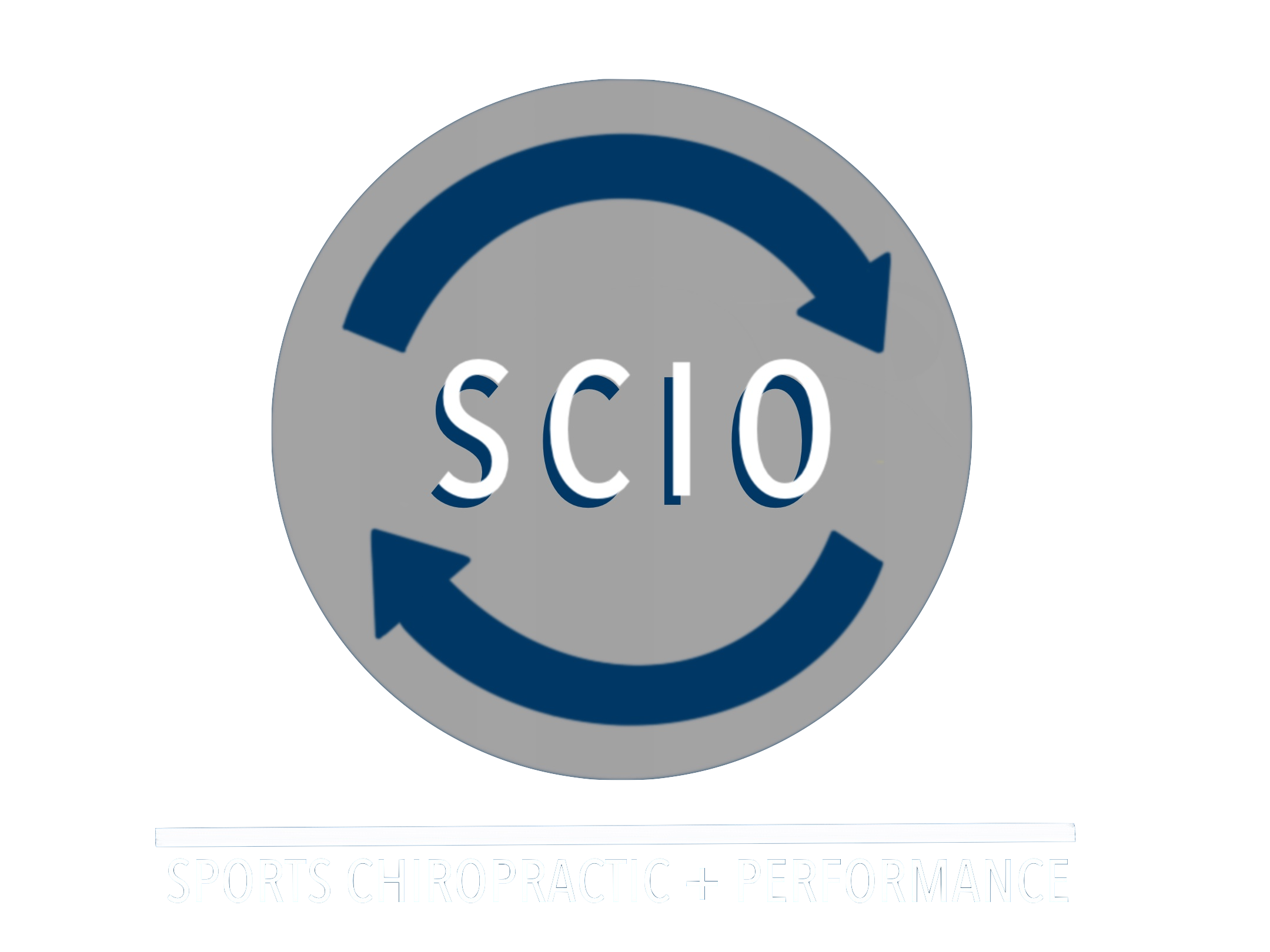Performance Psychology with Marisa Elbers, MA
This past week, I had the opportunity to sit down with performance coach, Marisa Elbers, MA. Marisa earned her masters in performance psychology and specializes in mental skills. Her background is in sports and personal training and she has trained in olympic weightlifting and powerlifting. Findings her purpose, she pursued her post-graduate education after enduring her own series of injuries.
Originally from Minnesota, Marisa moved out to San Diego for the warm weather, the active lifestyle, and for a fresh start. Marisa has worked with professional athletes ranging from rugby to triathlons. She specializes in acute and chronic injury rehabilitation, but the topics of fear of re-injury and external pressures (coaches, parents, etc.) really hit home for her.
One of the first topics we discussed involved the prevalence of (insert topic here) “coaches”. We spoke about fitness coaches, business coaches, wellness coaches, etc., and how there is very little regulation or governing bodies in those advertising as advisors.
Starting with the fitness realm, she described some of the problems associated with the different governing bodies, “You can have your CPT through an organization like the NASM, but if a gym or studio wants you to have an ACSM or NSCA certification, you don’t get that job. On top of that, you have coaches and influencers without any formal education, so there really is not any standardization. Ultimately, it’s the misinformed clients that suffer. I think there’s something to be said about spending the time and resources to acquire formal education, that’s why I went on to get my masters. The strongest skills I have to offer as a performance and mental skills coach are empathy, listening skills, discernment, and goal setting. Most of those are innate abilities, the degree sets a baseline of abilities. After that, I love dialing in on the details of pressure and performance, and ultimately fine tuning their synergy”
Speaking on the resources are typically associated with medical support, Marisa had this to say, “Professionals like myself are not typically included on support teams. Some of this is due to budgeting and fund availability – just as athletes need manual therapists and clinicians to guide them through the physical and technical aspects of rehab, they need help coping and transitioning through the mental and psychological aspects as well. Awareness is the biggest thing for me and my field – making ourselves available, showing up, and caring. Ideally, every team should have a performance coach to connect with the athletes, track progression, and achieve milestones – just like any other form of recovery.”
Having dealt with many injuries myself, I 100% support Marisa’s message. After comparing numerous injuries and setbacks, we both agreed that there is much more to lose than the ability to compete, “It’s tragic, suffering an injury. Yes, you can’t compete or test your abilities, but you also lose time with your friends, you lose a stress outlet, you lose a big part of your life.”
When I asked about her experience with chiropractors, Marisa divulged that she has not had the best experiences herself. She had seen a chiropractor years ago after experiencing low back, disc-related symptoms, “He kind of just twisted me up and tried to crack my back – I think he may have caused more problems.” Unfortunately, this is too often the case in healthcare, and I witness it firsthand in my profession. If her previous clinician would have conducted a thorough history and examination, like we perform in our office, a more appropriate protocol could have been carried out. Heat packs, traction, flexion-distraction, etc., would all be more appropriate. When I explained to her how I would have handled her condition, she had no idea that chiropractors did the things I do. This is where are roles are similar – spreading awareness of what we can offer as professionals.
We concluded our meeting with a bit of common ground. My last topic with her was, “How do you think sports chiropractors and performance coaches can work well together?” We both agreed that a team aspect is ideal for athletes, but also ideal for the general population. With multidisciplinary management, patients have the resources readily available to them and clinicians have direct channels of communication.
More about Marisa can be found on her website http://www.marisaelbers.com/, she can also be found on Instagram at @mentalskillstraining and can be reached via email at marisaelbers@gmail.com.
